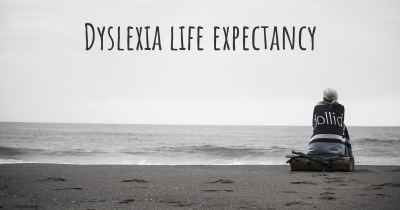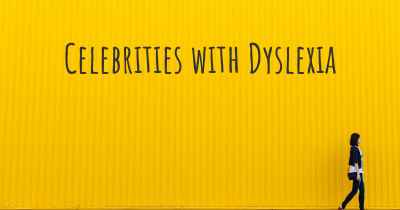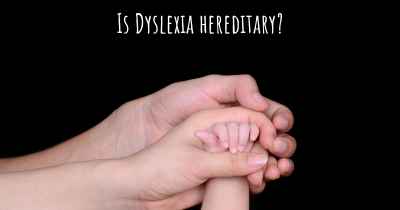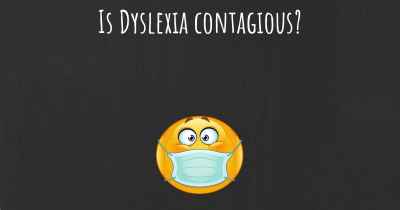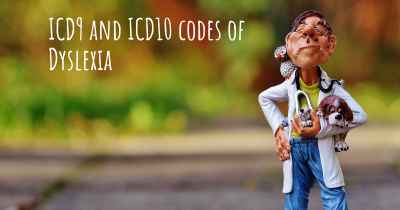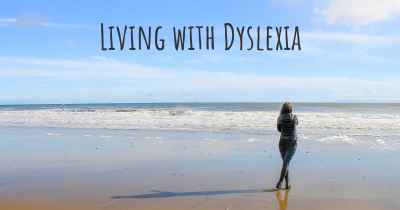How is Dyslexia diagnosed?
See how Dyslexia is diagnosed. Which specialists are essential to meet, what tests are needed and other useful information for the diagnosis of Dyslexia

How is Dyslexia Diagnosed?
Dyslexia is a learning disorder that affects a person's ability to read, write, and spell. It is important to diagnose dyslexia early so that appropriate interventions can be implemented to support individuals with this condition. The process of diagnosing dyslexia involves a comprehensive assessment conducted by a team of professionals, including psychologists, educators, and speech-language pathologists.
1. Initial Screening:
The first step in diagnosing dyslexia is often an initial screening. This may involve a teacher or parent completing a questionnaire about the individual's reading and writing abilities, as well as their overall academic performance. The screening helps identify individuals who may be at risk for dyslexia and require further evaluation.
2. Comprehensive Assessment:
If the initial screening suggests the possibility of dyslexia, a comprehensive assessment is conducted. This assessment typically includes:
- Cognitive Assessment: This evaluates various cognitive abilities such as memory, attention, processing speed, and problem-solving skills. It helps identify any underlying cognitive difficulties that may contribute to reading and writing challenges.
- Reading and Writing Assessment: This assesses the individual's reading and writing skills, including decoding, fluency, comprehension, spelling, and writing mechanics. It helps determine the specific areas of difficulty and the severity of the reading disorder.
- Language Assessment: Language skills, including phonological awareness, phonemic awareness, and vocabulary, are assessed to understand the individual's language abilities and potential language-related difficulties.
- Visual and Auditory Processing Assessment: Visual and auditory processing skills are evaluated to rule out any visual or auditory processing disorders that may contribute to reading difficulties.
3. Medical Examination:
A medical examination is often conducted to rule out any medical conditions that may mimic or contribute to dyslexia symptoms. This may involve a physical examination, review of medical history, and consultation with a healthcare professional.
4. Educational Assessment:
An educational assessment is crucial to understand how dyslexia impacts the individual's academic performance. This assessment involves reviewing school records, conducting classroom observations, and gathering information from teachers regarding the individual's educational progress and response to interventions.
5. Multidisciplinary Team Review:
Once all the assessments are completed, a multidisciplinary team, including professionals from various disciplines, reviews the results. They analyze the data, interpret the findings, and determine whether the individual meets the criteria for a dyslexia diagnosis.
6. Diagnosis and Recommendations:
Based on the comprehensive assessment and team review, a formal diagnosis of dyslexia is made. The diagnosis includes a detailed report that outlines the individual's strengths, weaknesses, and specific areas of difficulty. It also provides recommendations for appropriate interventions and accommodations to support the individual's learning needs.
It is important to note that dyslexia diagnosis should be made by qualified professionals experienced in assessing and diagnosing learning disorders. The process may vary slightly depending on the country or region, but the overall goal remains the same: to identify dyslexia and provide appropriate support to individuals with this condition.
Posted Mar 3, 2017 by Ale 400
